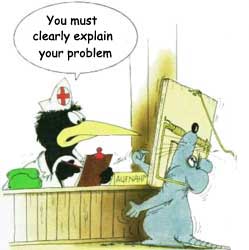Indian journalists display much of social consciousness, compared to other internationals. In their writings, one can clearly see that they have a fight - against poverty, ignorance, lawlessness, corruption, complacency and the like.
While most writers would focus on the more expected topics about day-to-day existence, Indian journalists seem to have a beyond-self orientation with an eye to their future as a people. They write about their society in a way enjoining the common tao to progress.
Indian journalists try to project the changes in their society and interpret them for the people. Acting as able guides, they write about their rise from poverty, their recent access to education and technology, the new roads going to places that make market and going to school feasible, the new role of the women, the citizens' role with police matters. As such, they invite readers from other cultures to understand them, but more especially encourage their people to make further steps forward.
Indian journalists try to project the strength of their people that make their society secure. They capture pronouncements of their leaders and chart possible implications for the future. They make suggestions in their writings, thereby participate some way in development. They capture, too, the values of their people which they want to perpetuate through their writings. For example, there was that mention about Indian women putting a price at caring for their young - close to them always, no matter what activity they do. If they have to use repetition to stress some value, they do so in many varied ways as in the use of photographs. Even the photographs and their captions show this concern-for-my-brother orientation.
Although a great majority of Indian journalists are not quite good at English which we can call the international language, in comparison with other internationals, they are the best any country can be proud of.



